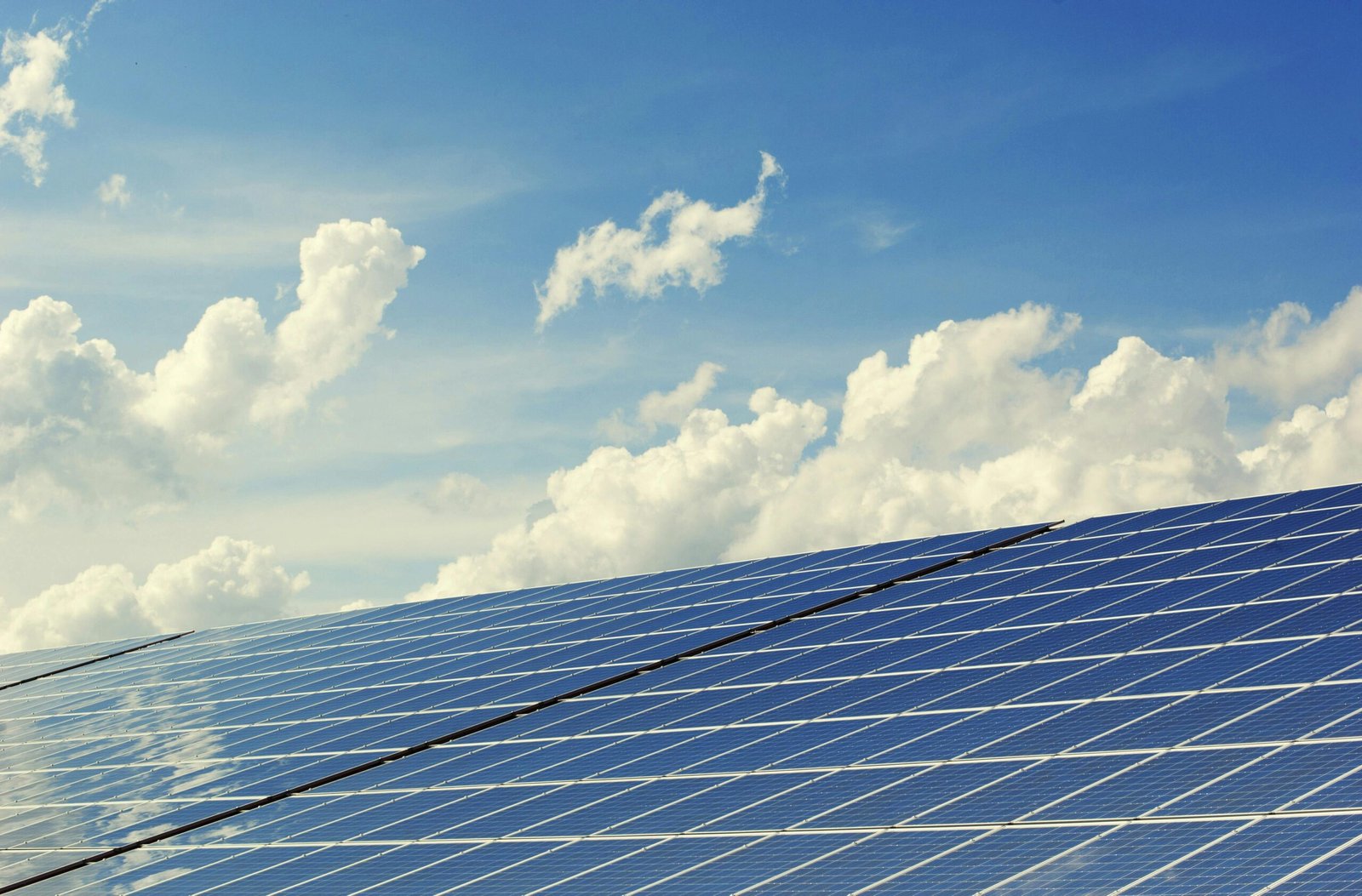Going Green with Solar Panels: How They Can Benefit You and the Planet
When companies research renewable energy, they can often be overwhelmed by all the new information and statistics. The most

When companies research renewable energy, they can often be overwhelmed by all the new information and statistics. The most reliable point is usually to find out how much positive impact solar energy and solar panels can have on the environment.
As the green movement and environmental protection will be a hot topic by 2024, using solar panels to generate energy and electricity is an important step towards becoming more sustainable and green.
What is solar energy?
Basically, solar energy is the radiation produced by sunlight and heat. The difference between solar energy and solar energy is that solar energy is the conversion of solar energy produced by the sun into electricity.
Because the climate and amount of sunlight varies on Earth, this will also mean that the amount of solar energy you receive in different areas of the Earth will vary significantly. But don’t worry if you’re in an area that gets less sunlight than others. Solar technology can still convert enough solar radiation into clean energy.
Solar technologies convert the sun’s energy into electricity using photovoltaic (PV) panels or concentric mirrors. This renewable energy can be used to generate electricity or stored in batteries or thermal storage.
How Much Energy Do Solar Panels Produce?
If going green is one of your main motivations, remember that there’s more to the planet and your business than just looking to a more sustainable and greener future. Generating your own electricity means you’ll also save a few extra bucks.
On average in the United States, a solar panel can generate about 2 kilowatts of electricity per day, saving you an average of $0.36 (12.01 THB) in your daily electricity costs. Please note that this is for one panel only. Now imagine the savings you’ll make after taking advantage of your industrial roof space. After switching to solar energy, some of our long-term customers have enjoyed savings of up to 25% on their previous electricity bills.
How many solar panels do I need to power a factory?
It is estimated that a typical house will need 20 to 25 solar panels to cover 100% of its electricity consumption. Although you’ll need more than that to power a business or factory, depending on how many solar panels you install, you’ll save at least a few hundred dollars a month.
Since solar power absorbs solar panels, installation, and installation costs, our minimum roof area is 5000 square meters. This free installation helps our customers benefit from solar power from day one when they start up their solar facilities by implementing a commercial rooftop solar PPA with a long-term partnership commitment. In addition, we specialize in residential solar panel installation DC, ensuring efficient and sustainable energy solutions for homes.
You can estimate how much money, CO2 emissions, and trees you could save with the interactive slider on our home page.
Why is energy conservation important?
Energy is a big part of our daily lives and it is doubtful that most of us go a day without using it.
Some of the ways we use energy in our daily lives include:
- Turning on the lights
- Cooking on the stove
- Use of household appliances.
- Use of air conditioning and heating.
Operate factory machinery, industrial equipment, and more.
However, the sad reality is that using too much energy can be very expensive and harmful to the environment. Therefore, it is important to save and reduce energy consumption. Using solar energy is an important way to save energy and help reduce carbon emissions from burning fossil fuels.
How Much Energy Do Solar Panels Save?
Generating energy often involves burning coal and fossil fuels, releasing various gases and toxic substances into the atmosphere. We emit carbon dioxide, sulfur dioxide, and more harmful air pollutants. Excessive amounts of CO2 contribute to global warming. This pollution also contaminates the quality of the air we breathe, which can lead to painful infections and diseases throughout the community.
Because generating renewable energy with solar panels doesn’t involve burning fossil fuels, you’ll help reduce carbon emissions and improve air quality. As an individual or business, installing and using solar panels will reduce your carbon footprint and put you on a greener path.
Although some water is required to manufacture solar panels, much less water is required to operate solar energy. In contrast, burning fossil fuels and coal requires large amounts of water for cooling and will cause water pollution.
How long do solar panels last?
According to Solar Power Europe’s ‘Global Market Outlook for Solar Power’ report, the global solar market is expected to grow by 25% to 203 GW in 2024. This is the first time that annual PV installations are expected to exceed the 200 GW level.
However, this solar panel installation does not last forever. The industry standard is that they will last between 25 and 30 years. This does not necessarily mean that they will stop generating electricity after 25 years, but they will be able to generate electricity as the panels wear out. Even if your panels need to be renewed after 25 years, imagine the extremely low amount of carbon emissions and electricity costs! At [Your Company Name], we’re committed to providing sustainable energy solutions. As the best solar company in Washington DC, we ensure top-quality installations and long-term benefits for our customers.
What are solar panels made of?
Solar panels consist of a few components: structure, silicon cells, conductors, and polymer-based materials. The frames are usually made of aluminum and the cells are made of silicon. The conductors are usually made of copper and the back sheet and film are polymer or plastic-based materials.
Although manufacturing processes may involve some hazardous chemicals, for example, the United States has environmental laws that regulate the use and disposal of hazardous materials. This ensures that they are properly handled and not released into the environment.
Join us as more companies look greener and work towards a more sustainable future for you and our planet.
Final Through
The article discusses the individual benefits of solar panels on the environment. It explains what solar energy is and how to convert it into electricity with photovoltaic panels or glass. This section builds on solar energy storage.” so and environmental emphasis, including reducing and optimizing carbon emissions Clean air As much energy as solar panels provide.” It can, how many devices are needed for different purposes, and how long they last, affecting the features of the solar panels and the importance of energy conservation The article encourages readers to consider a more sustainable alternative to regular, non-environmental considerations for solar-powered homes and businesses In addition, solar panels. Consider using CAD design services to design and implement more efficient systems, for more efficient use of space and to ensure more efficient energy production.









